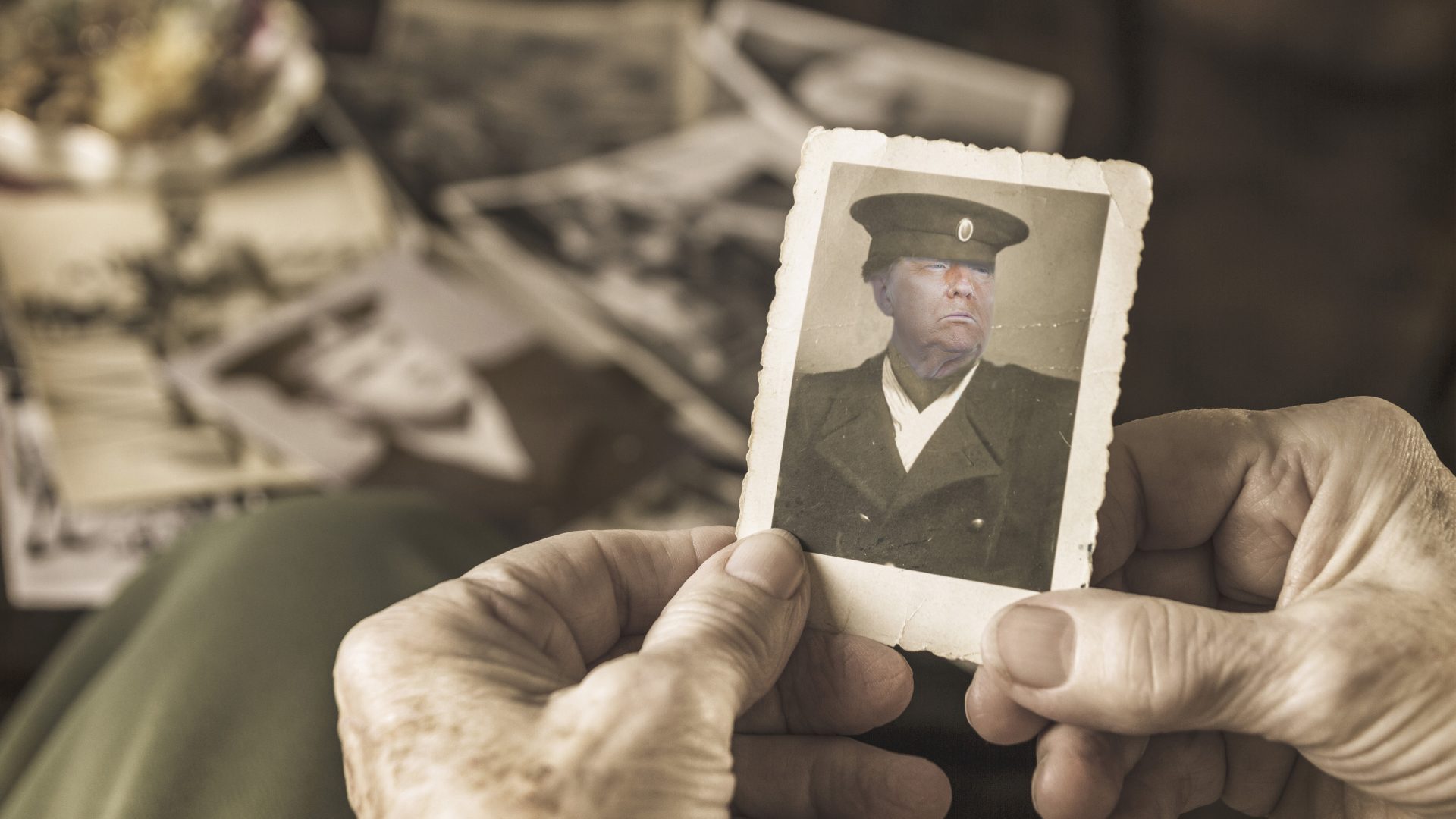It became rather obvious during the course of the recent US presidential election that Donald Trump is not at all happy about immigrants to the United States who cannot speak English – especially if they also kill and devour household pets, which according to him, if not to very many other people, is a practice currently rife in some suburban areas of the USA.
Like all Americans – apart of course from Native Americans – Trump himself is descended from immigrants, although we can be rather certain that his own immediate immigrant ancestors did not eat pets, even if some of them had originally emigrated from areas of Germany where it was traditional to eat sausage and other products that contained horse meat. We do know, however, that many of his antecedents were European immigrants who, when they first arrived in North America, spoke English either very little or not at all.
There are currently about 500 people with the family name Trump in Britain, at least one of them a brilliant snooker player. However, Donald Trump’s own family name would more correctly be pronounced “Troomp” because he inherited this surname not from a British forefather, but from his paternal grandfather, Friedrich Trumpf, originally Drumpf. He was a German speaker from Kallstadt, near Mannheim, in the Pfalz or Palatinate area of western Germany. According to Wikipedia, Friedrich was at one time a restaurateur and brothel keeper in the Yukon Territory of Canada.
Donald’s mother was also not a monolingual native speaker of English. Mary Anne MacLeòid – often rendered in English as MacLeod – was born and brought up on the Outer Hebridean island of Lewis (its Gaelic name is Leòdhas), where most of the population, including her, spoke Scottish Gaelic (as well as English with varying degrees of fluency). She maintained her native command of Gaelic for the rest of her days, dying aged 88 in 2000.
Mary Anne was born in 1912 in the Lewis settlement of Tong, the name deriving from Gaelic Tunga, from Old Norse Tunga “tongue”. The Old Norse language arrived there with the Vikings, who founded the bilingual Gaelic-Norse Kingdom of the Isles, which was established in the 800s and lasted until the 1300s AD in the Hebrides, Orkney, Shetland, Galloway and the Isle of Man.
Trump himself is apparently monolingual, but his first wife, the former model Ivana Trump, was originally from Czechia and speaks Czech in addition to English. Her son, Donald Junior, is also bilingual in English and Czech.
Trump’s current wife, Melania (more correctly spelt Melanija), comes from Novo Mesto “New Town” in Slovenia. Her son, Barron, is, like her, bilingual in English and Slovenian (also known as Slovene).
Czech is a West Slavic language, most closely related to Polish and Slovak, while Slovenian is a South Slavic language and is most closely related to Serbian and Croatian. The two languages Czech and Slovenian, though both Slavic, have a relatively low level of mutual intelligibility.
We might hope that, having come from and living now in such potentially multilingual domestic environments – including having his own bilingual children – the president-elect might be more sympathetic than the average citizen towards the enormously widespread worldwide phenomenon of bilingualism, and towards bilingual people generally.
Well, we can always hope.
The Don
Donald is the name of a well-loved duck, and of a well-known US president. The name is from Scottish Gaelic Dòmhnall “ruler of the world”, composed of Old Irish domun “world” and fal “rule”. But the greatest-ever Donald was undoubtedly the world’s statistically most successful sports player ever, the Australian cricketer Donald Bradman, known as The Don.




